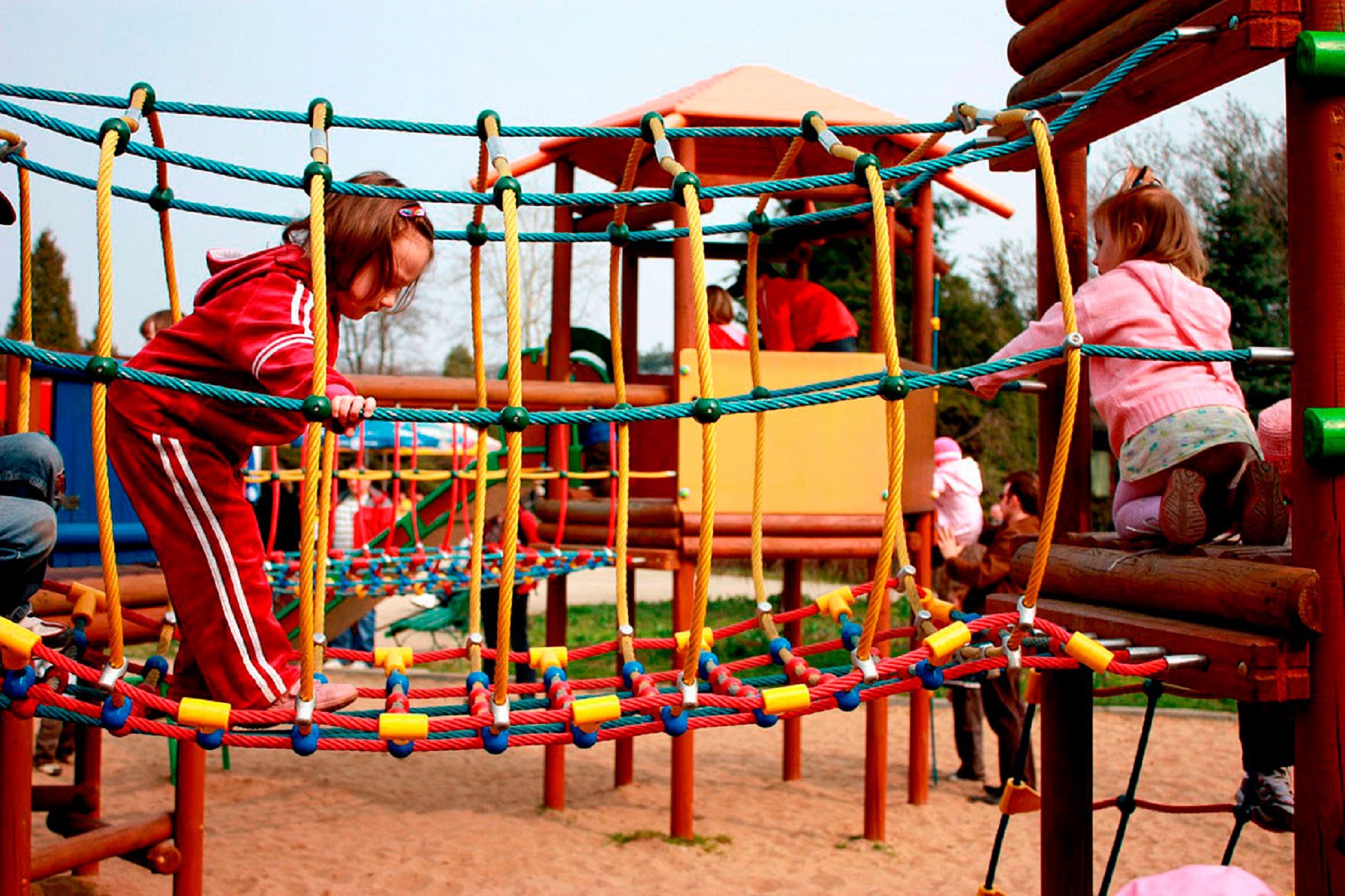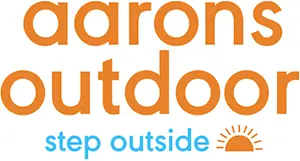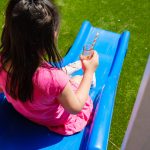Play is essential for healthy childhood development, yet many parents may need to pay more attention to how much learning occurs during unstructured outdoor play. For young children attending daycare, the availability of a well-designed playground has enormous benefits beyond simply providing a place for recess. According to child development experts, playgrounds offer key opportunities that support kids’ growth in important physical, cognitive, social, and emotional domains.
As any parent or caregiver knows, toddlers and preschoolers have seemingly endless energy reserves. Playgrounds provide the space for them to burn calories through climbing, swinging, balancing, and running around. Beyond physical development activity, outdoor play environments encourage discovery, problem-solving, and creativity. Social settings like playgrounds also aid communication skills while teaching collaboration.
This blog post will explore the holistic advantages that high-quality playgrounds bring to daycare centres, from fostering motor skills to relieving stress through unstructured free play. By understanding these impacts, parents can advocate for their children’s healthy development through continued access to learning through play outdoors.
Physical Benefits
Playgrounds have notable physical benefits for children in daycare, such as:
 Large motor skill development
Large motor skill development
Playgrounds allow for the practice of fundamental gross motor skills like climbing, balancing, swinging, hanging on monkey bars, and jumping. The various levels and components of playground structures engage core muscles as kids navigate the equipment through constant movement, challenges, and opportunities to practice and master physical skills.
Play that involves fine motor skills, such as rope climbers, stone climbers, rock areas, overhead ladders, and slides, are the most popular and fully occupied. When children play and engage in activities that help build and develop gross motor skills, they exercise and build upper-lower-body core strength. It can also help to increase heart rate and improve agility, balance, and cardiovascular health.
Encourages active play
A playground provides a fun environment for toddlers and preschoolers to burn energy through running, jumping, pedalling, riding toys, and climbing stairs. This interactive outdoor activity gets kids moving and engaged in free play instead of being sedentary.
Supports physical health
Regular outdoor play helps combat childhood obesity by incorporating movement into each day. The physical challenges of climbing and swinging on equipment also build healthy bones and muscles. Playgrounds encourage the active play necessary for healthy growth and development at this vital early stage.
Cognitive Benefits
Outside activities offer engaging learning that extends beyond the classroom. Playgrounds spark discovery and inspire creativity through interactive play.
 Facilitates learning through exploration
Facilitates learning through exploration
On a playground, open-ended play allows toddlers to experiment with senses like texture, sound, and cause-and-effect. Climbing or swinging introduces scientific principles of force, trajectory, and gravity in a fun, natural way.
Supports cognitive learning
Equipment like slides promotes spatial reasoning and problem-solving to navigate challenges. Socio-dramatic play aids in developing communication and comprehension during symbolic pretend scenarios.
Learning the rules of a game and using them to play with other kids involves working memory, an essential executive function skill. Risk-taking builds confidence and encourages kids to learn through trial and error.
Social and Emotional Benefits
Positive social behaviours and self-esteem blossom through interactive group activities. Outdoor play presents natural opportunities to build confidence and get along with others.
Turn-taking and sharing improve social skills.
Activities like lining up for the slide or taking turns on the swing teach patience, impulse control, and fairness. Following rules during games and cooperative play with others helps children understand they must sometimes wait for their opportunity.
Peer interactions teach cooperation.
Games like tag that require teamwork help kids learn to communicate, share, and problem-solve together. Through activities with classmates, children develop the social skills needed to get along, such as listening, compromising, and recognising others’ perspectives.
Outdoor play also provides practice in resolving conflicts respectfully. Children learn to communicate with other children, share, and work together whilst establishing new and exciting friendships in an informal and organic setting.
Releases stress
Loose parts play with toys, balls, and open-ended props, allowing free expression to reduce tension in a fun space. Physical activity also provides stress relief from the day. Engaging in unstructured yet engaging outdoor play has been shown to lower cortisol levels in young children by providing an outlet for their abundant energy through active free play and the simple joy of exploration and make-believe with peers.
Benefits for Caregivers and Childcare Facilities
Playgrounds provide benefits not only for children’s growth but also for childcare providers and centres. They offer the required outdoor space for children to get daily active playground play as mandated by pediatric wellness guidelines.
This allows daycares to meet physical activity requirements with ease. Well-designed playgrounds include various activities that engage children of different ages and developmental levels.
Toddlers can play on simple ride-on toys and soft structures near the building, while older preschoolers run and climb on the playground equipment further away. Playgrounds also engage toddlers and preschoolers through fun outdoor equipment and natural elements, which help them burn off excess energy.
 Outdoor play areas allow children to run freely and explore through sensory activities like playing in sand and water or with natural loose parts like grass, rocks, or sticks. As a result, children are often calmer, happier, and better behaved indoors for lessons and mealtimes after vigorous playground sessions.
Outdoor play areas allow children to run freely and explore through sensory activities like playing in sand and water or with natural loose parts like grass, rocks, or sticks. As a result, children are often calmer, happier, and better behaved indoors for lessons and mealtimes after vigorous playground sessions.
The opportunity for free, creative outdoor play also takes the pressure off of caregivers to lead structured activities inside cramped classrooms or facilities. Playgrounds thus make daily operations run more smoothly at daycares through engaged, self-directed learning outside.
Promoting Play and Learning on Your Playground
A well-designed playground equipped with diverse playground equipment provides endless opportunities for children to explore, learn, and develop skills through play. Here are some tips to encourage your younger children to utilise the benefits of playgrounds fully:
Spark their imagination through imaginary play
Set the stage for pretend adventures by giving themes related to what they love. Playground activities like making a “magic wizard potion” at the sand pit or going on a “dinosaur dig” for buried treasures tap into make-believe.
Let children discover on their own
Playgrounds allow children to pick activities that interest them independently. Allowing younger children to follow their curiosity helps them learn through self-directed play, which can contribute to optimal mental development.
Highlight playground features
Point out equipment components like ladders, slides, and monkey bars and demonstrate how to use them safely. Invite children to show you what they’ve learned.
 Ask open-ended questions
Ask open-ended questions
Queries like “I wonder what would happen if…” provoke thinking and problem-solving as children play.
Encourage collaboration
Suggest group games that involve cooperation, like building the tallest block tower. Outdoor activities often inspire teamwork and social development.
Join in the fun yourself!
Your engagement shows children how rewarding imaginative, active play can be. But while you observe, let them take the lead in daycare or community playground activities.
Most importantly, let your children run, jump, swing, climb, and fully engage their bodies and minds on the playground. The benefits of this free play time, from self-esteem to social skills, will become quickly evident. Community playgrounds offer valuable opportunities for optimal mental and social development.
Growing Together on the Playground
Playgrounds provide developmental benefits for young children attending daycare. Their educational, social, emotional, and physical impacts span all developmental domains in a fun, interactive setting for natural learning. As this post has highlighted, playgrounds offer benefits not just for the children but also for care providers and facilities.
At Aaron’s Outdoor, we understand the importance of designing developmentally appropriate play spaces that foster a child’s growth. If you want to establish or improve the playground at your childcare centre, contact us to discuss landscape design, installation, and curated play equipment options.
We would happily evaluate your needs and requirements to create a safe, engaging outdoor learning environment where toddlers and preschoolers can thrive. Their early years of learning through play will help set an essential foundation for future success in school and life.

 Large motor skill development
Large motor skill development Facilitates learning through exploration
Facilitates learning through exploration Ask open-ended questions
Ask open-ended questions




